Speaker
,Author
Naomi Goulder
Naomi Goulder is a Professor of Higher Education and Philosophy at Northeastern University London. She was a general editor, with AC Grayling and Andrew Pyle, of the Continuum Encyclopedia of British Philosophy and has written on topics from the philosophy of action and morality to love and aesthetics. She is currently working on a book on experience and transformation.

Naomi Goulder is a Professor of Higher Education and Philosophy at Northeastern University London. She was a general editor, with AC Grayling and Andrew Pyle, of the Continuum Encyclopedia of British Philosophy and has written on topics from the philosophy of action and morality to love and aesthetics. She is currently working on a book on experience and transformation.
Naomi Goulder Videos
Naomi Goulder Articles
More Videos

The Agony & the Ecstasy

The Problem of Evil

Morality of the Tribe

The Lure of Lucifer

Our Sins and Our Selves

The Mystery of the Good

The Really Real

The Good, The Bad, and the Controversial

Rethinking Feminism

Being Human and Being Good

Why Philosophy Won't Go Away

Is Religion Dangerous?

After Buddhism

The Last Taboo

Doing Right and Feeling Good

Thinking Good and Doing Evil

On Evil
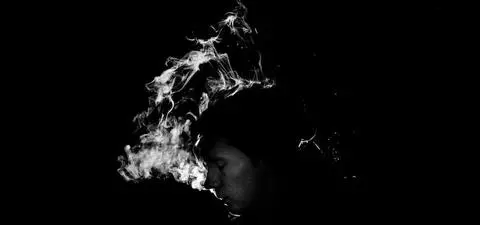
Trouble with Heaven

On Humans and Animals

Dancing with the Devil

Rethinking Science and Spirituality

Can Animals Be Moral?

Reason and the Gods

New Gods

The Fountain

Morality and Mindfulness
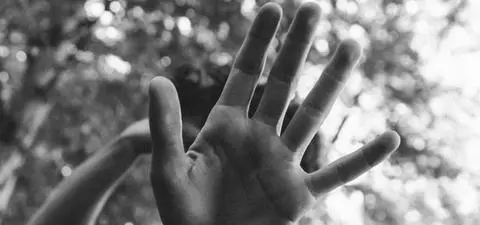
How to See Things Clearly
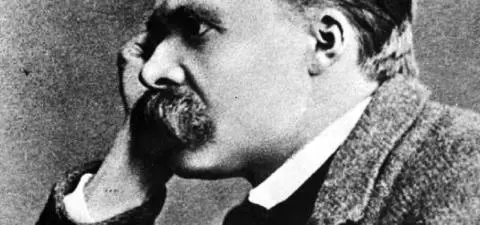
The Death of God and the War On Terror

Ethics, Darwin and Dante

Good and evil around the globe
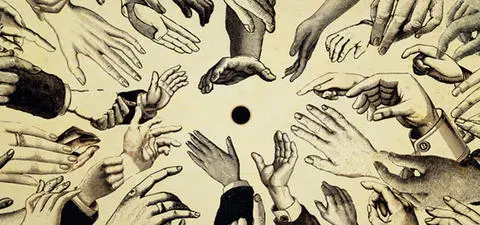
Belief and the Gods

The Myth of Being Happy

Science and Religion

In Place of Prejudice

Death and the Human Animal

God is an Orgasm

Of Lies and Necessity

Return of the Pagans

Moral Animals and Our Place in the Universe

The Point of It All

The Age of Nothing

The Banality of Evil

Life's Secret

Beyond Good and Evil II

True to Myself

A Tale of Love and Hate
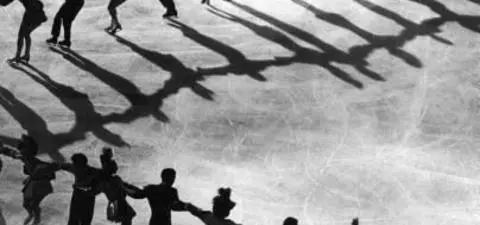
Competition versus Cooperation

Morality, Cruelty and Freedom

In the Beginning was Nature

Purity and Dirt
More Articles

Socrates vs Jesus

The Future of Religion
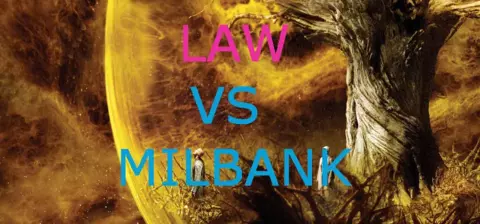
Law vs Milbank: Belief and the Gods - part 1

Law vs Milbank: Belief and the Gods - part 2

Law vs Milbank: Belief and the Gods - part 3

Law vs Milbank: Belief and the Gods - part 4

Return of the Pagans
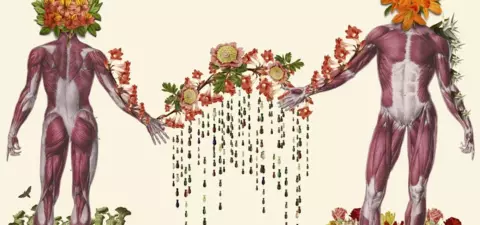
The Weird and the Wonderful

Could the Force Really Be With Us?

How To Escape The Dangers of Overthinking

The Secrets of the Tantric Body

Can We Reinvent Ourselves? A Buddhist View

What Is The Meaning of Life?

Issue 68: The Good Life

Shinto: How To Reconnect With Nature

Prayer for Atheists

The Philosophy of Fasting

On being useless: a daoist reflection

Christmas traditions don't need religion
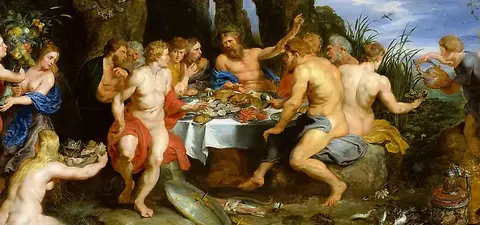
The Epicurean's guide to Christmas

5 philosophers on how to face death
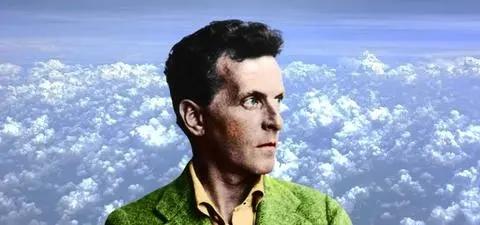
Wittgenstein: science can’t tell us about God

The afterlife without God
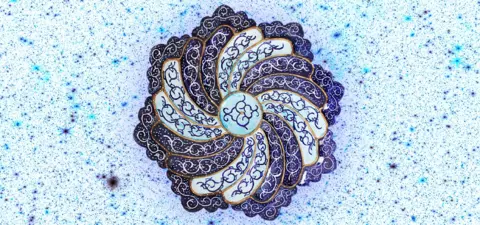
The reality of the mystical experience

The mystical is culturally relative

Spiritual but not religious: The end of belief

The hidden reality discovered through ritual

Beyond the limits of reason

Against the pursuit of happiness

Wittgenstein, Heidegger, and the language of silence


